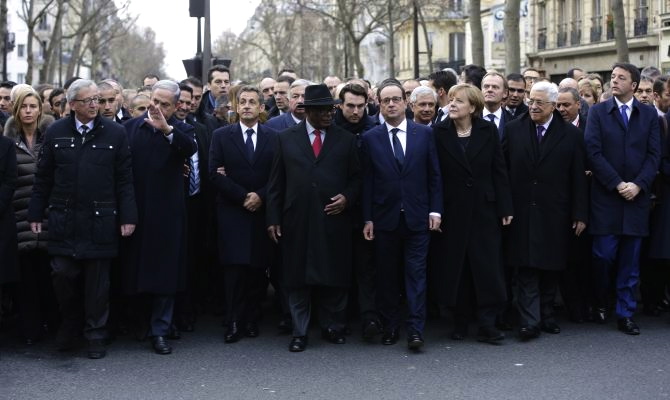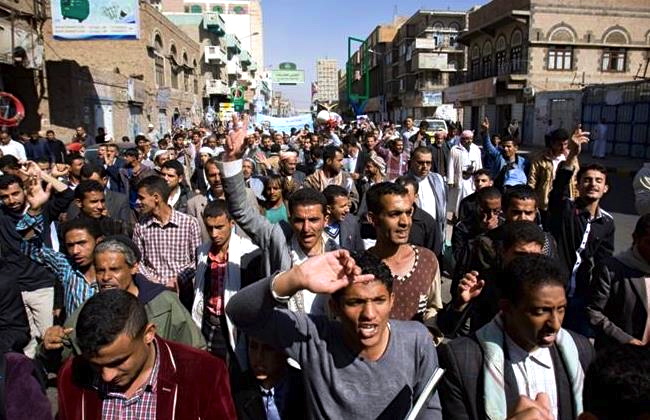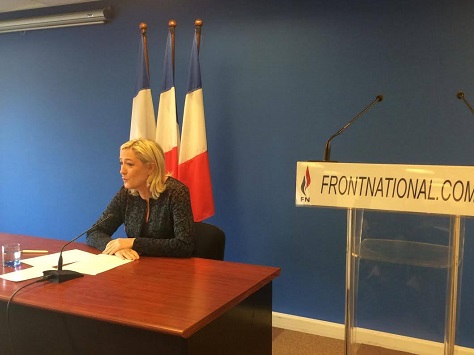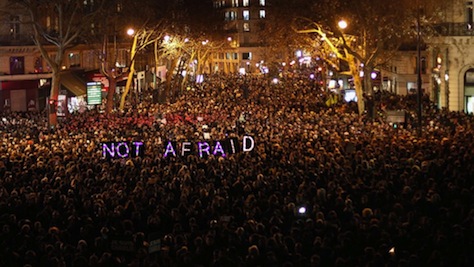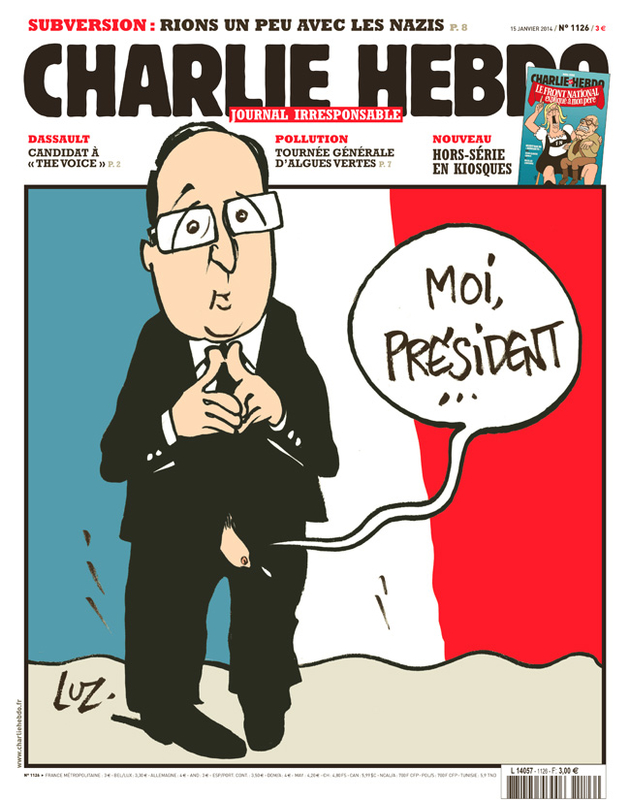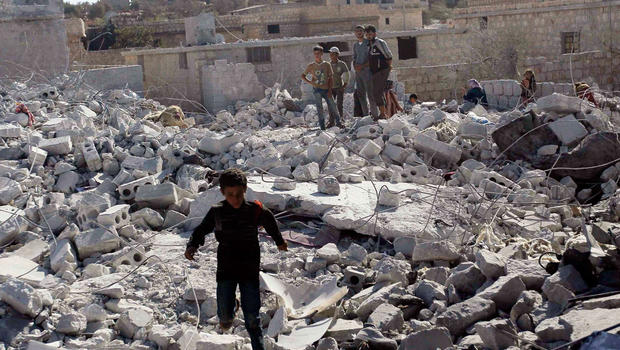
Call it the ‘coalition of the frenemies.’![]()
With British prime minister David Cameron’s victory in the House of Commons last week, fully four of the five permanent members of the U.N. Security Council, plus NATO member Turkey and several regional allies, will now be engaged in the fight against ISIS (ISIL/Islamic State/Daesh) in eastern Syria. Following last week’s fatal shooting in San Bernardino, California, by two jihadist sympathizers, US president Barack Obama reassured the United States in a rare Sunday night prime-time address that his administration will continue its intensified airstrikes against ISIS in eastern Syria, increasingly targeting the oil tankers controlled by ISIS that fund its jihadist mission.
Cameron’s team, including foreign minister Philip Hammond, argued that a force of 70,000 ‘moderate’ Syrian forces would be willing and ready to take on the ISIS threat in the event of a coordinated allied campaign to deploy sustained airstrikes against ISIS, both reducing the terrorist threat to Europeans at home and establishing the conditions for peace abroad (and the Obama administration has more or less echoed this sentiment). That seems optimistic, however, given that ‘radical’ rebels, like ISIS and the al Qaeda-affiliated Jabhat al-Nusra quickly overpowered ‘moderate’ rebels like the Free Syrian Army throughout 2012 and 2013.
In reality, there’s no bright line among anti-Assad Sunnis in Syria. Although Syrian president Bashar al-Assad is Alawite, 75% of Syria’s pre-war population was Sunni, which means there’s a lot of room for variation. Nevertheless, after more than a year of U.S. airstrikes, moderate Syrians (whether 70,000 or 7,000) and Kurdish peshmerga forces have not effectively dislodged ISIS, particularly outside traditionally Kurdish areas of Iraq and Syria.
Though U.S. Secretary of State John Kerry is still boosting peace talks in Vienna in early 2016, neither the Assad government nor the anti-Assad rebels have indicated they will join those talks. What’s more, it’s not even clear who would ‘represent’ the anti-Assad rebels, who are fighting as much against each other as they are against Assad.
Even as countries from four continents are running air campaigns in Syria, they are acting in far from a coordinated manner. Tensions are already rising after Turkey downed a Russian military jet late last month, despite repeated warnings that the jet was infringing Russian airspace. Imagine how tense the situation could become if a Russian jet attacks an American one in the increasingly crowded Syrian skies. None of the actors, including Russia or the United States, has any clear strategic plan for an endgame in Syria. Russia still can’t articulate a credible scenario where Assad rules a united postwar Syria, and the United States still can’t articulate a credible scenario where Sunni and Shiite factions can work together to govern Syria — or even Iraq, for that matter.
The descent of the world’s major powers upon Syria was accelerating even before jihadist terrorists left 130 innocent civilians dead in Paris, and the manner in which Syria has now become a proxy war for so many other regional and global actors is starting to resemble the domino trail of alliances and diplomatic errors that began World War I. It’s irresponsible to argue that the world is plunging into World War III, but the escalations in Syria reflects the same kind of destructive slippery slope that began with the assassination of the heir of a fading empire by a nationalist in what was then a provincial backwater. Continue reading ‘Coalition of the frenemies’ is bombing Syria for all the wrong reasons

